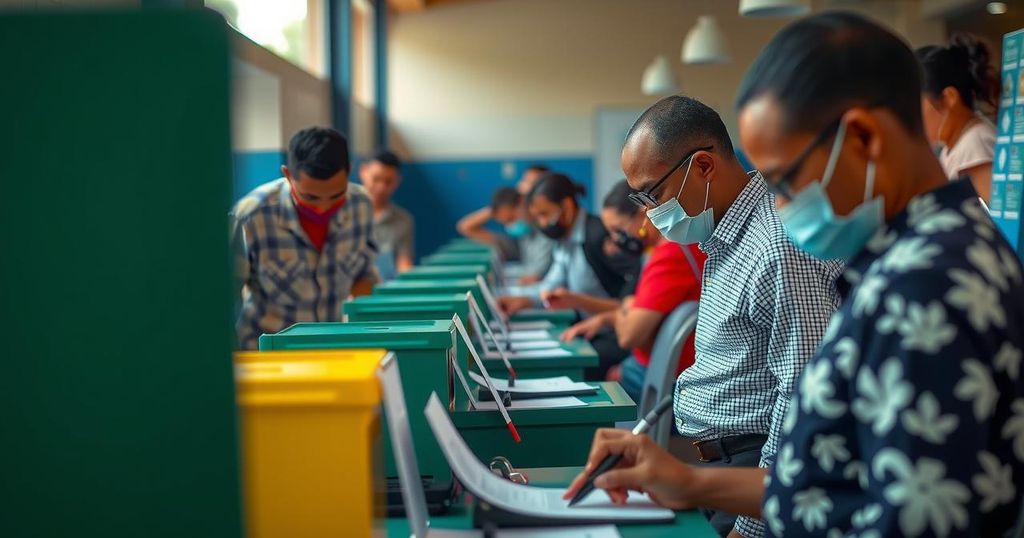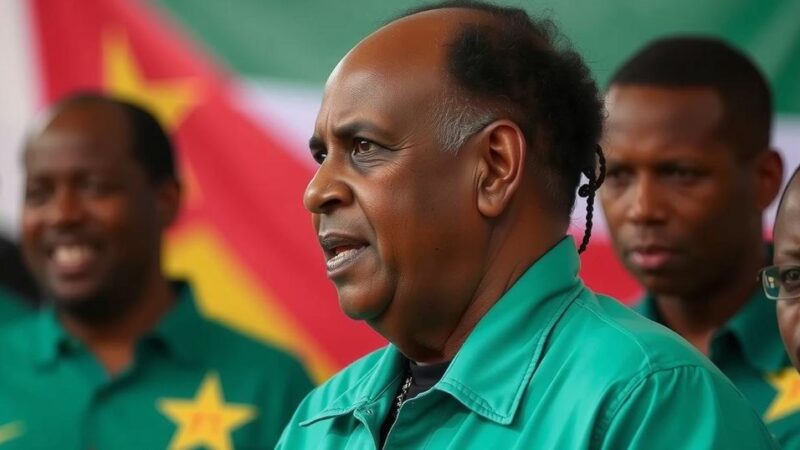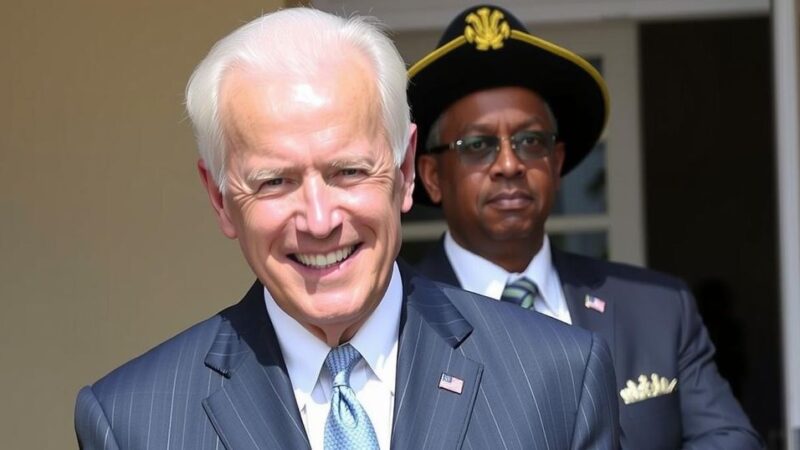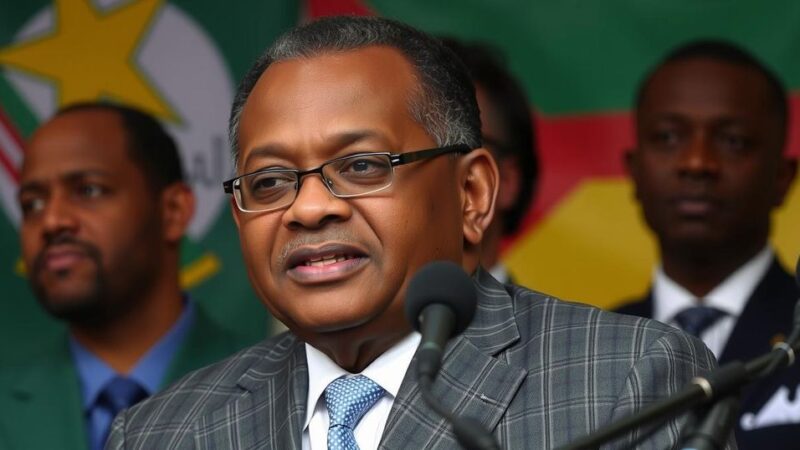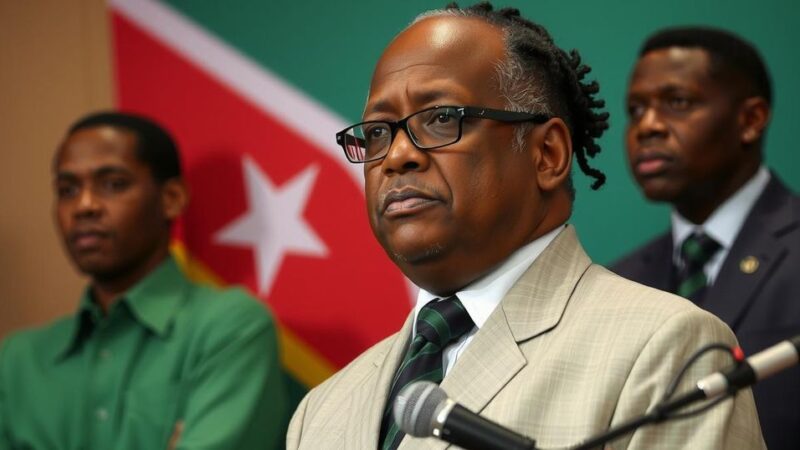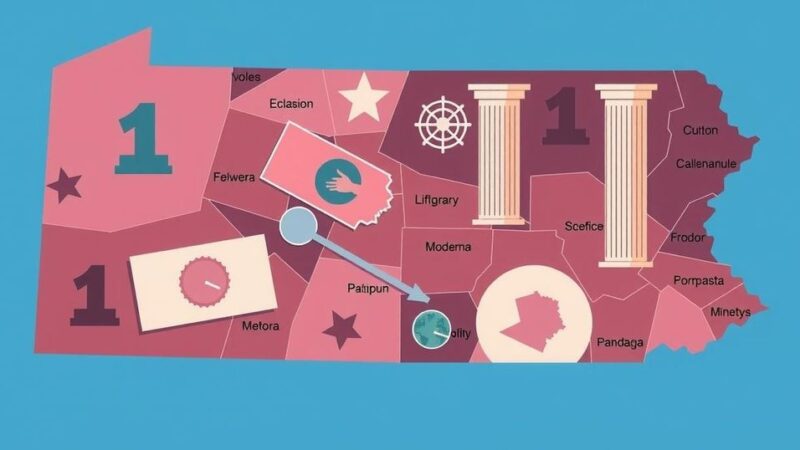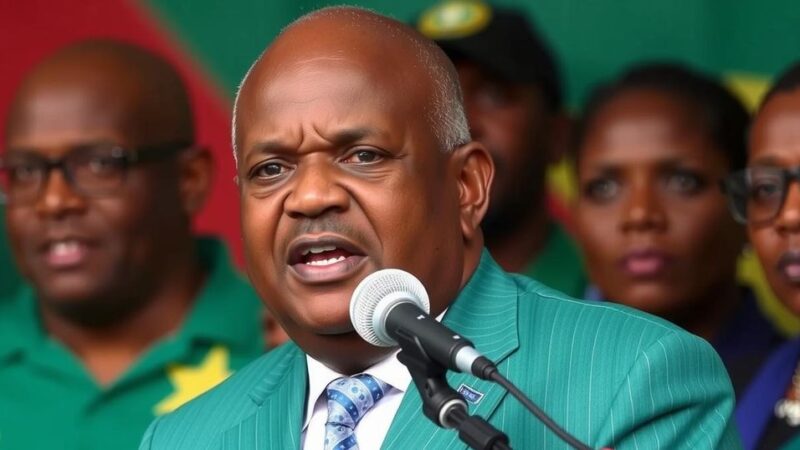Mauritius held parliamentary elections on November 10, 2024, where voters chose representatives amidst political rivalry between the ruling Militant Socialist Movement led by Prime Minister Pravind Jugnauth and opposition figure Navin Ramgoolam. The elections come after recent criticism of government actions, including a temporary social media ban following a wiretapping scandal. Over 1 million citizens participated in a vote to fill 62 parliamentary seats, reflecting the stability of Mauritian democracy and the challenges it faces.
Mauritius conducted its parliamentary elections on November 10, 2024, as voters aimed to determine the country’s political leadership. The ruling party, led by Prime Minister Pravind Jugnauth of the Militant Socialist Movement, sought to secure a second term amid political challenges and criticism concerning recent restrictions on social media following a wiretapping scandal. Over 1 million registered voters participated in this election, which will decide the membership of the 62-seat Parliament. The opposition, represented by Navin Ramgoolam’s Alliance for Change, presents a significant challenge to Jugnauth’s government, which previously won a majority in 2019. Mauritius has established itself as a stable democracy in Africa, renowned for its thriving economy primarily driven by finance, tourism, and agriculture. Despite setbacks from the COVID-19 pandemic, the nation maintains a strong position on the Human Development Index, reflecting the quality of life of its citizens. Mauritius, located about 2,000 kilometers off Africa’s eastern coast, ranks second in Africa for human development, surpassed only by Seychelles. The country has been praised for its economic achievements post-independence, with the World Bank referring to it as a “beacon of success for sub-Saharan Africa.” Amid these developments, citizens are voting to determine their representatives in Parliament, with the government responsible for electing the Prime Minister from the majority party or alliance.
Mauritius gained independence from Britain in 1968 and has since evolved into one of Africa’s most stable democracies. The current elections mark the 12th since independence, indicating a robust electoral tradition. The Militant Socialist Movement, led by Prime Minister Pravind Jugnauth, emerged victorious in the last election, which was held in 2019. However, the current political landscape is complicated by recent criticisms of the government’s actions, including censorship of social media, which have raised concerns regarding civil liberties. The economy of Mauritius has flourished, with significant contributions from various sectors. Despite the economic disruption caused by the COVID-19 pandemic, Mauritius remains a leader in the region for quality of life indicators. The elections are crucial as they will shape the country’s governance and address the aspirations of the Mauritian populace.
In conclusion, the recent elections in Mauritius highlight the political dynamics within an established democracy. The ruling party seeks to extend its governance while facing opposition challenges and public discontent due to recent controversies. As the counting of votes progresses, the outcome will play a vital role in determining the political future and legislative direction of this success story in sub-Saharan Africa.
Original Source: apnews.com

